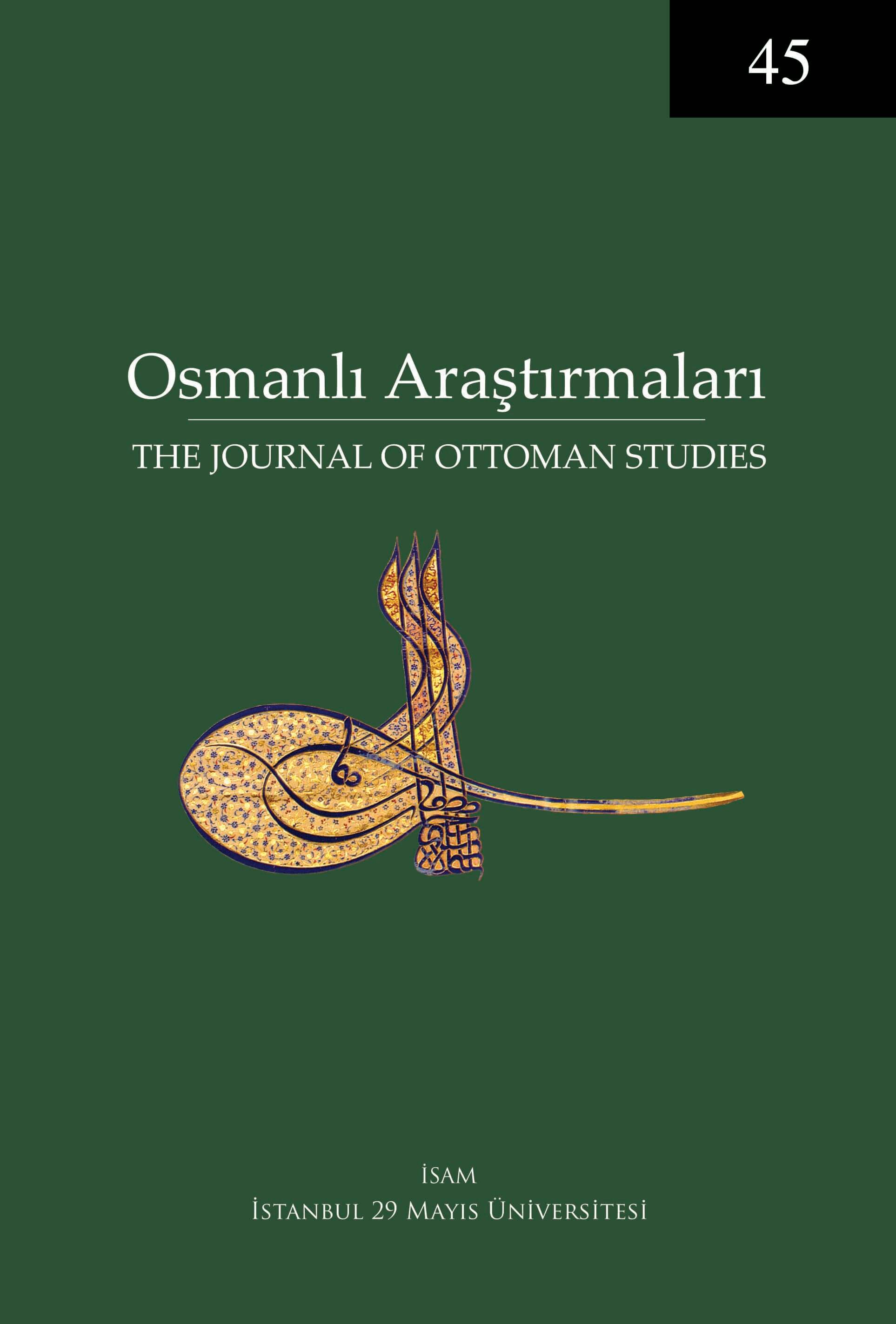Manzum Sözlük:Şiir Olarak Yazılmış Leksikografik Bir Eser
Anahtar Kelimeler:
Osmanlı kültürü- dil ve sözlük tasavvuru- Türkçe-Boşnakça- manzum sözlük- ezber teknikleriÖz
"Osmanlı döneminden önce Anadolu’da başlayan manzum sözlük yazma geleneği Osmanlı kültüründe de devam ettirilmiştir. Manzum sözlük tarzı eserler, öncelikle Arapça ve Farsçanın öğretiminde okutulmuş ve ezberletilmiştir. Bu eserlerde; Arap- ça ya da Farsça kelimelerin (veya her iki dilin kelimelerinin) Türkçe karşılıklarıyla birlikte nazmedildiği görülmektedir. 17. Yüzyılın ilk yarısında Muhammed Hevâî Uskufî Bosnevî tarafından Makbûl-i Ârif adlı Türkçe-Boşnakça bir manzum sözlük kaleme alınmıştır. Osmanlı dönemi yazma eserlerinin korunduğu Bosna-Hersek’teki kütüphanelerde bu sözlüğün birçok nüshası mevcuttur. Bu durum, Makbûl-i Ârif adlı manzum sözlüğün, Boşnaklar arasında Türkçe öğretiminde yüzyıllar boyunca kullanılageldiğinin bir göstergesidir. Bu çalışmada; Makbûl-i Ârif adlı sözlükte yer alan beyitler incelenmiş, eserin bazı leksikografik ve edebî özelliklerine işaret edilmiş- tir. Bir yandan yazarın, dil ve iki dilli sözlüklerle ilgili tasavvuru değerlendirilirken öte yandan da edebî şahsiyeti ele alınmış, sözlüğün ezberlenip hafızada tutulmasını kolaylaştıran unsurları üzerinde durulmuştur.




